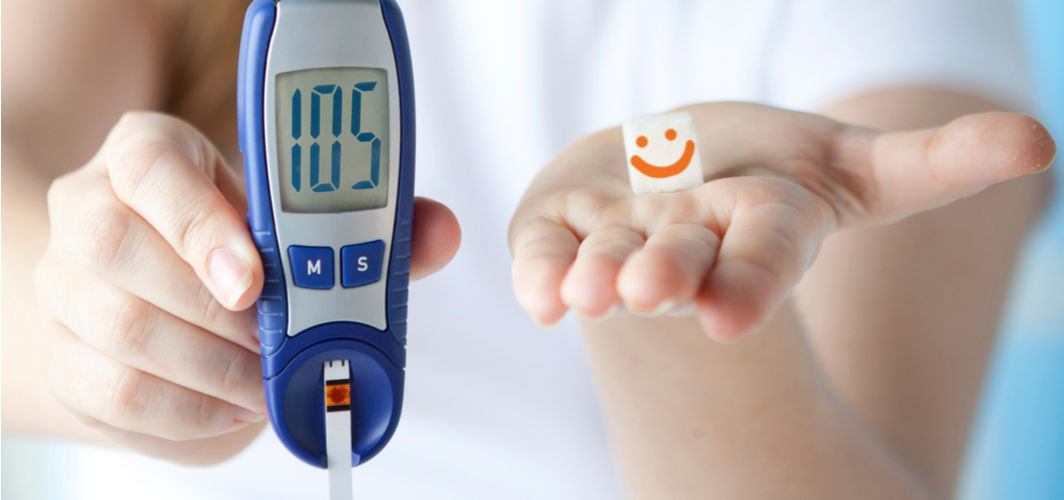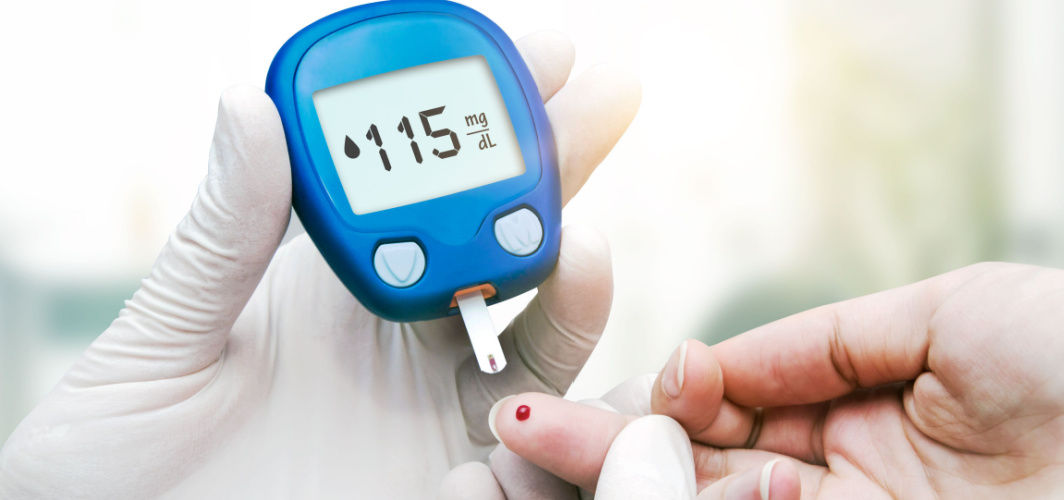Diabetes Management
Is Air Travel Safe During Diabetes? 7 Tips for a Comfortable Journey
3 min read
By Apollo 24|7, Published on - 25 September 2023, Updated on - 28 September 2023
Share this article
0
0 like

Air travel is generally safe for individuals with diabetes, but it requires careful planning and preparation to ensure a smooth and worry-free journey. Whether you have type 1 or type 2 diabetes, here are some essential tips to help you navigate air travel while managing your condition effectively.
1. Consult Your Healthcare Provider
Before embarking on your journey, it's crucial to consult your healthcare provider. Discuss your travel plans, including the duration of the flight and any potential time zone changes. Your healthcare provider can offer personalized guidance, adjust your medications if necessary, and provide recommendations for managing blood sugar levels during the trip.
2. Pack Diabetes Supplies in Your Carry-On
For easy access, always pack your essential diabetes supplies in your hand luggage rather than in checked-in baggage. Your diabetes travel kit should include medications advised by your health care provider like insulin (syringes or insulin pens), tablets, and testing equipment like glucose meter, test strips, lancets, etc.
3. Ensure Medications Stay Cool
Insulin and certain medications must be stored at the appropriate temperature to maintain their effectiveness. Consider using a travel cooler or an insulated pouch with gel ice packs to keep your medications within the recommended temperature range during the flight.
4. Carry Diabetes-Friendly Snacks
Pack diabetes-friendly snacks in your carry-on bag to prevent low blood sugar episodes during the flight. Opt for options like nuts, seeds, fruit juices, or granola bars or candies, which can provide a quick and convenient source of glucose if needed.
5. Stay Hydrated
Proper hydration is essential during air travel. Drink water to stay hydrated throughout the flight as recommended. Also, be cautious with alcohol consumption, as it can affect blood sugar levels and lead to dehydration.
6. Adjust Meal Timing
If your flight disrupts your regular meal schedule, work with your healthcare provider to determine the best approach for adjusting your insulin or medication doses. Maintaining consistency in meal timing can help manage blood sugar levels more effectively.
7. Move Around in Cabin
Make an effort to move around the cabin regularly if you’re having a long flight. This not only promotes better circulation but also assists in maintaining stable blood glucose levels. It's important to avoid prolonged periods of sitting in one position, as this can contribute to reduced circulation and potential blood sugar fluctuations.
Conclusion
In conclusion, air travel can be safe and manageable for individuals with diabetes by taking these precautionary steps. By planning ahead, packing the necessary supplies, and staying in close communication with your healthcare provider, you can enjoy your journey with peace of mind, knowing that you're well-prepared to manage your diabetes during the flight.
Diabetes Management
Consult Top Diabetologists
View AllLeave Comment
Recommended for you

Diabetes Management
Is Increased Thirst A Sign Of Diabetes?
Excessive thirst can be a warning sign of diabetes. Learn about how you can manage and prevent this condition.

Diabetes Management
Adding a Smile to Your Diabetes Management
Oral hygiene is crucial for diabetics. Diabetes increases the risk of gum diseases like tooth decay and cavities. Hence, regular brushing, flossing, and dental check-ups are essential for diabetics to maintain good oral health and support overall well-being.

Diabetes Management
Type 2 Diabetes: Is It Curable?
Diabetes is a chronic illness in which the body cannot process blood sugar. There are two types of diabetes - type 1 and type 2. Though type 1 diabetes has no cure, you can reverse type 2 with treatment and lifestyle modifications.
Subscribe
Sign up for our free Health Library Daily Newsletter
Get doctor-approved health tips, news, and more.
Visual Stories

8 Fruits That are Incredibly Healthy for Diabetes
Tap to continue exploring
Recommended for you

Diabetes Management
Is Increased Thirst A Sign Of Diabetes?
Excessive thirst can be a warning sign of diabetes. Learn about how you can manage and prevent this condition.

Diabetes Management
Adding a Smile to Your Diabetes Management
Oral hygiene is crucial for diabetics. Diabetes increases the risk of gum diseases like tooth decay and cavities. Hence, regular brushing, flossing, and dental check-ups are essential for diabetics to maintain good oral health and support overall well-being.

Diabetes Management
Type 2 Diabetes: Is It Curable?
Diabetes is a chronic illness in which the body cannot process blood sugar. There are two types of diabetes - type 1 and type 2. Though type 1 diabetes has no cure, you can reverse type 2 with treatment and lifestyle modifications.